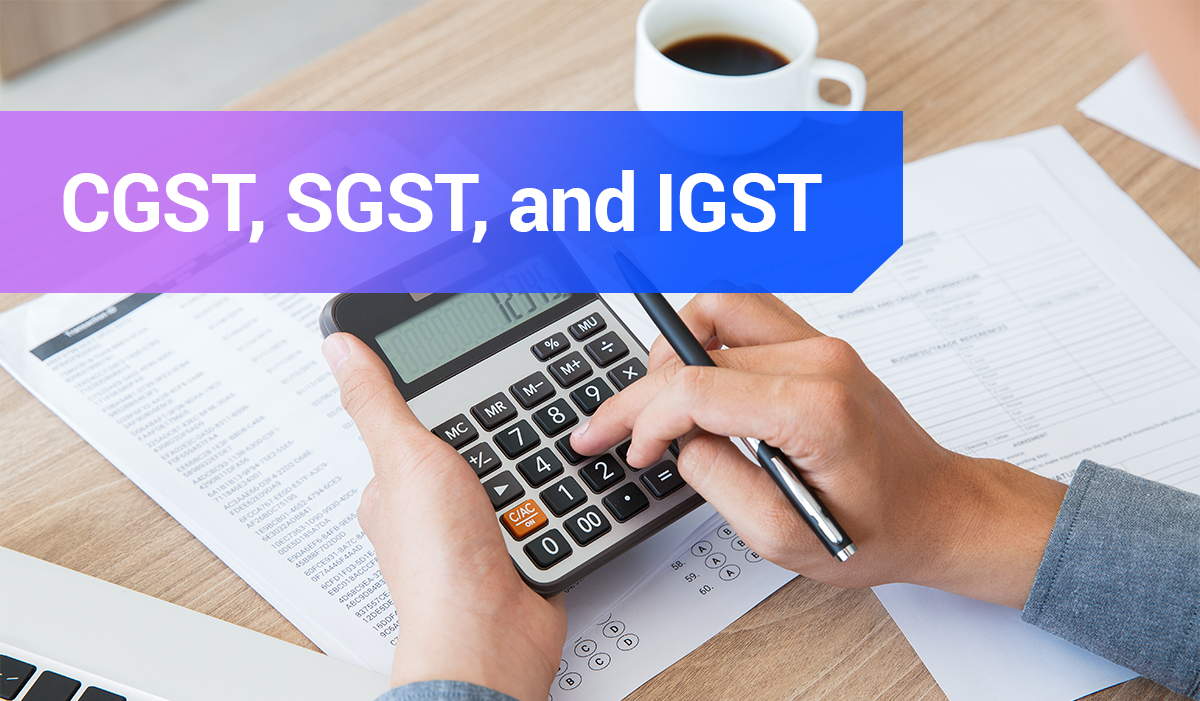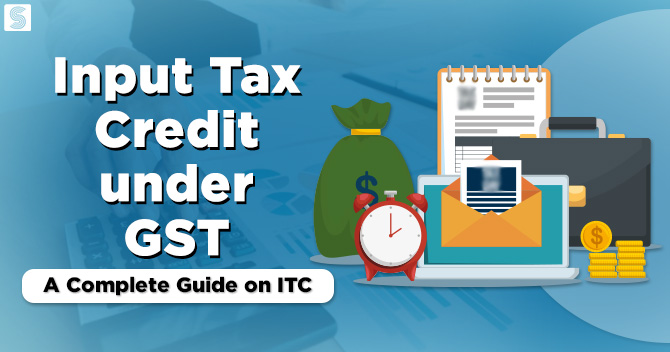Procedures for Assessment under GST

Swarit Advisors | Updated: Aug 30, 2017 | Category: GST
Assessment under GST contains the following points which are to be kept in mind:
- The liability of the taxable registered person to be recorded
- The authority who will conduct the assessment
- Determination of tax liability
- Procedure to be followed
Table of Contents
Different kinds of assessment under GST:
Self-assessment:
- The self-assessment under GST is carried on by the registered taxpayer himself.
- He will be required to determine his tax liability and file the return as per the compliance requirement.
- The return filed is mainly contained inward supply (Form GSTR 2) and outward supply (GSTR 1) of goods or services including the input tax credit, calculation of tax liability and payment of tax liability and taxes paid.
- Thus self-assessment means assessment is done by the taxpayer himself
Summary assessment:
In the summary assessment, the assessing officer determines the tax liability of the tax payer by the returns filed by the tax payer and communicates the liability if any to the tax payer.
Provisional Assessment:
Provisional assessment is a tool available to the tax payers to make any application to the assessing officer in case he is not able to calculate the value of supplies or determine the tax rate for the goods or supplies.
Procedure for Provisional assessment:
- A detailed application shall be made to the proper officer indicating the specific grounds or reasons due to which he is unable to assess his tax liability.
- The period for which the provisional assessment is required.
- The rate of GST or the value of the goods or services or both for which assessee is required to make provisional payment of tax.
- An undertaking to appear before the assessing officer and also to prove him with the required information and documents.
- The proper officer may issue the order specifying the grounds on which the provisional order is issued, the rate or value at which the tax is provisionally paid, the differential tax for which bond is executed, the amount of security as may be decided by the proper officer.
- The final assessment will be done within 6 months from the provisional assessment.
- The Final assessment can be further extended to a period of 6 months with the permission of the Joint or Additional commissioner.
- It can be further extended for 4 years at the discretion of the appropriate authorities.
Scrutiny Assessment:
- The scrutiny assessment shall be carried out by the proper officer by the returns filed by the taxpayer to verify the correctness of the returns.
- The proper office finds any discrepancy regarding the returns he may inform the taxpayer as to seek his explanation for the same.
- The taxpayer has to submit his application with 30 days or more as prescribed by the proper officer.
- If the explanation provided by the taxpayers is found to be unsatisfactory, he may take appropriate action under section 63,64 or section 79
Best Judgment Assessment
Best Judgment Assessment is applicable only in two cases as below:
- If the taxable person has not filed the return
- If the person is not taken registration even if is liable to
- If the registered taxable person has not filed the return will be sent a notice for the same. If he does not file the return within 15 days, the proper officer shall assess the tax liability to the best of his judgment and by the information available to him. The taxpayer will be given an opportunity of being heard.
- The assessment order shall be issued with 5 years from due date of the annual return filed.
- If the taxable person filed a valid return along with tax liability and penalty with 30 days from the above assessment order, the best judgment assessment should be withdrawn.
- If the unregistered person who is liable to be registered under GST but has not taken registration the proper officer shall assess the tax liability by Best judgment including the interest, penalty for non-registration under GST.
Also, Read: Significance of Advance Ruling under GST.














